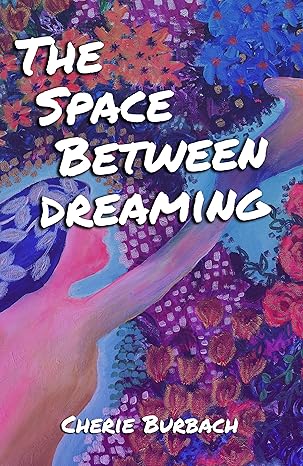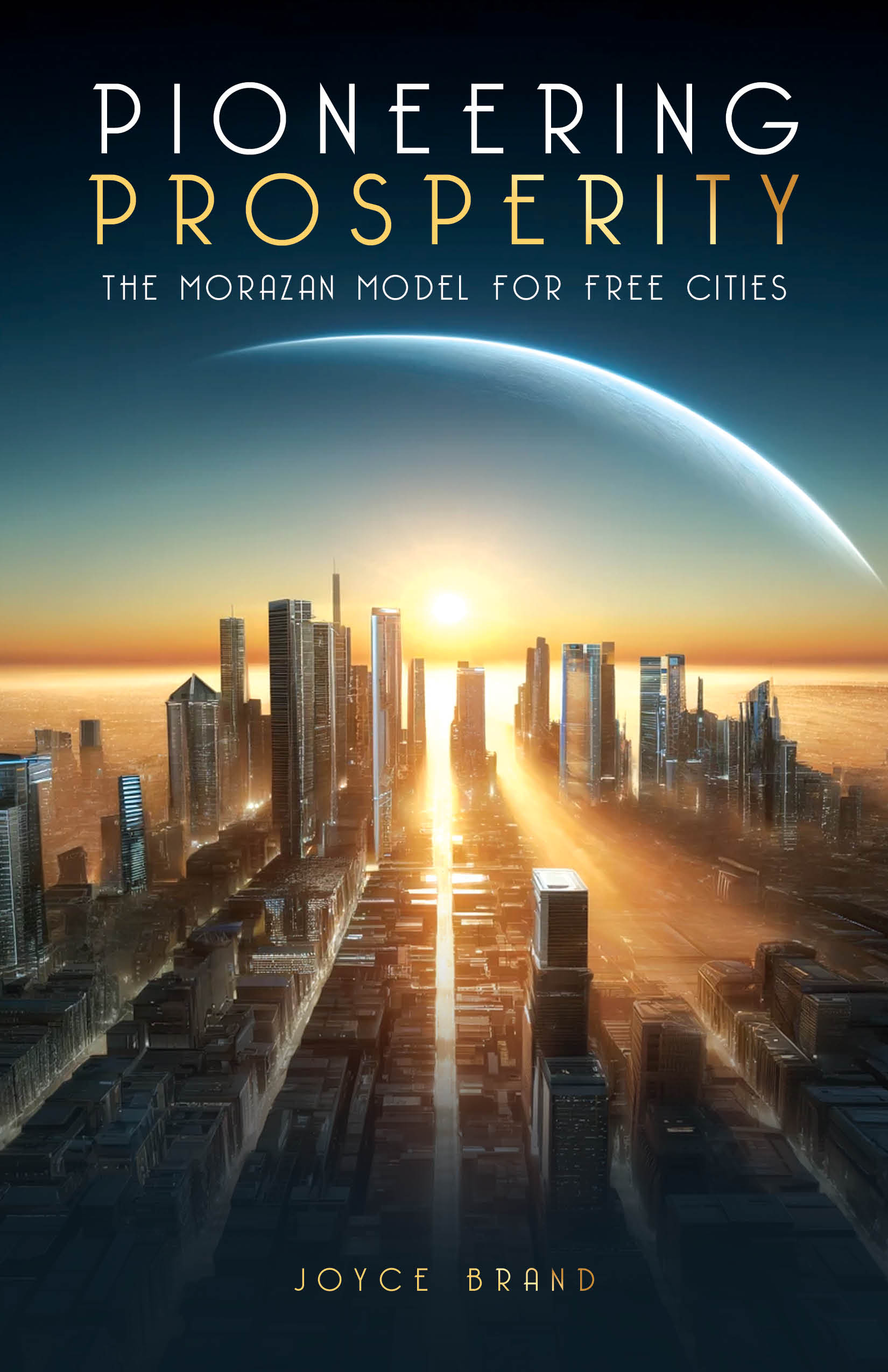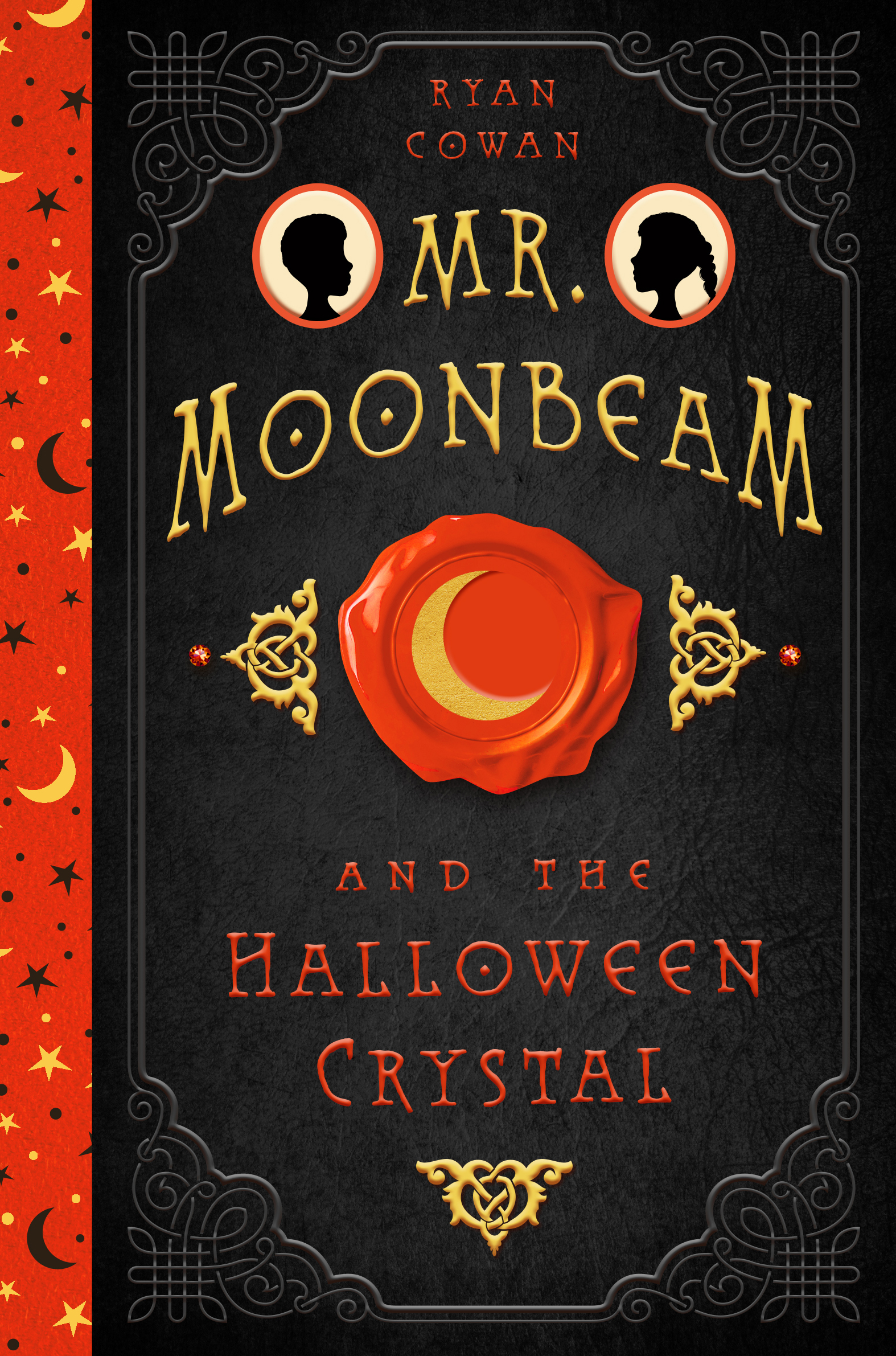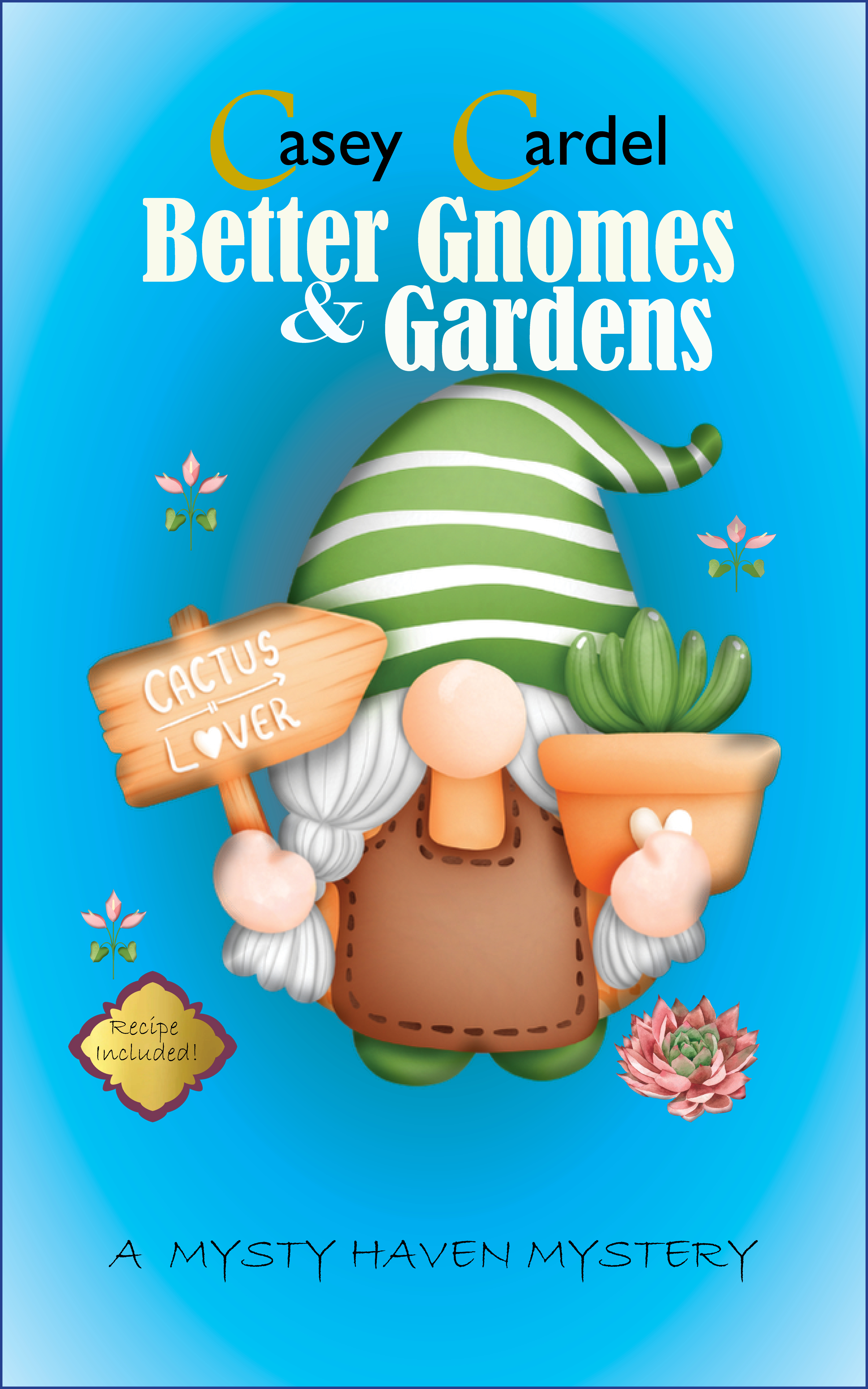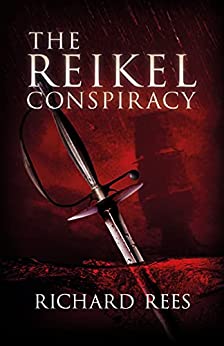Cathedral: An Alliance of Saint Michael Novel
| Category: | Historical Fiction |
|---|---|
| Author: | Ray Keating |
| Publisher: | Keating Reports LLC |
| Publication Date: | May 5, 2022 |
| Number of Pages: | 382 |
| ISBN-13: | 979-8486751271 |
| ASIN: | B09ZCX7L97 |
In Cathedral, Raymond J. Keating intertwines the
personal and historical with finesse, plunging readers into the struggle of
faith during turbulent times in early 20th-century Russia. The novel begins in
1928, as Pastor Gabriel Fischer discovers a hidden cache in the basement of St.
Michael’s Lutheran Church. Inside, he finds the long-lost Glück Bible, a vital
text that embodies a connection to Lutheran heritage and faith in the face of
impending destruction by the communists. The Alliance of Saint Michael unites
individuals from diverse backgrounds and skill sets to operate clandestinely
against the two most formidable threats to Christianity and civilization as the
1930s begin: communism and fascism. In Moscow, the Cathedral of Christ the
Savior faces imminent destruction to pave the way for the Palace of the
Soviets. The Alliance prepares for its inaugural mission—to locate and retrieve
a priceless artifact of immense importance from the cathedral before it is
forever lost.
Set against the backdrop of Moscow and, later, the United
States, the characters wrestle with their spiritual beliefs and allegiance to a
crumbling society. Pastor Fischer and his older colleague, Eckhart Konig, are
characters of faith, and their collaboration and the dire urgency to protect
the Glück Bible—represent faith’s potential for cultural preservation. Their
commitment is strong, and their discussions exude a gravity that reflects their
desperate situation. Keating crafts dialogue rich with emotion, showcasing camaraderie,
candid apprehension, and a shared purpose as characters trade thoughts that
resonate well beyond their immediate circumstances.
Moreover, the way Keating crafts secondary characters—like the ambitious and conflicted Liam Wolff, who struggles with his father’s alignment with the Nazis—juxtaposes personal dilemmas with broader ideological battles, deepening the narrative’s moral complexity. The dialogues reveal a strong sense of character, particularly in how they reflect more prominent themes of sacrifice, duty, and the struggle against oppression. Cathedral is as much thrilling historical fiction as it contemplates the power of faith in times of chaos. Keating masterfully engages the reader in the protagonists' fiery debates and the quiet yet fierce resolve of their mission. In a world teetering on the edge of fascism and communism, the quest to save both the Glück Bible and their shared faith becomes more than a plot device. Fierce and tender, this novel delivers a balanced revolutionary narrative that keeps readers on the edge of their seats.

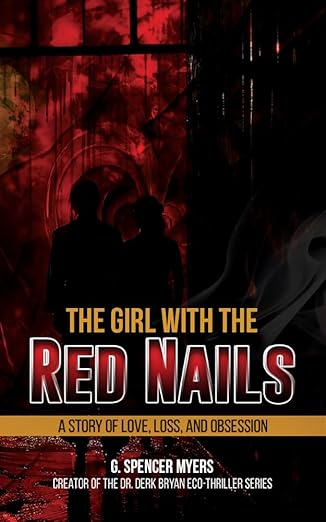


.jpg)



















